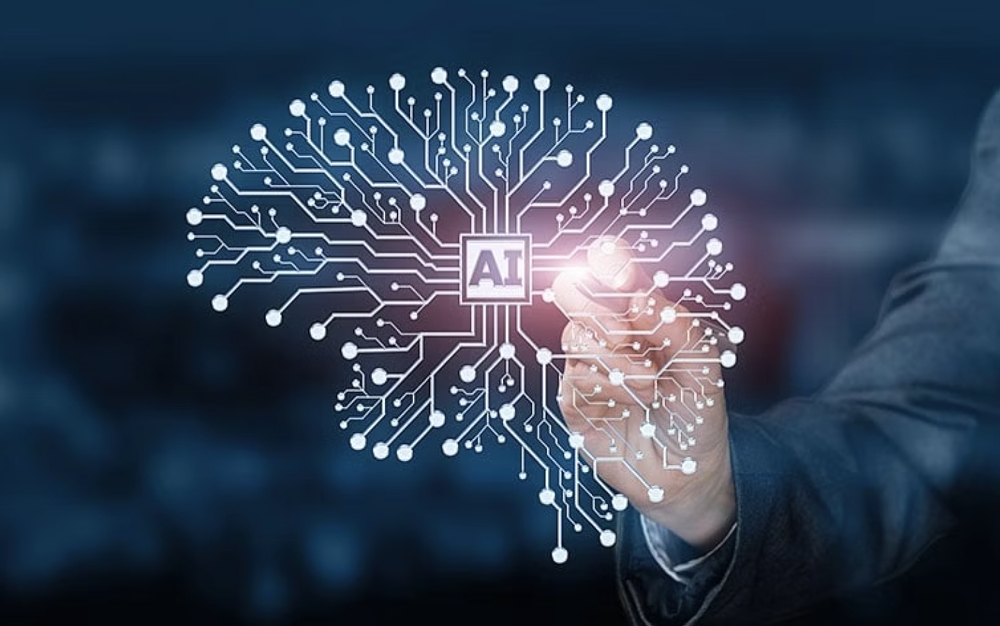The last few weeks have witnessed great interest in AI and its potential negative consequences. Representatives of U.S. Big Tech led by Elon Musk have published an open letter calling for a moratorium on experiments with advanced AI systems until states can catch up and take the necessary steps to create safeguards against the dangers involved with new technologies.
In the letter, they ask stark questions such as whether humanity should be developing artificial minds that could outsmart humans and replace us, and whether we should risk losing control over our civilization. They declare that such decisions cannot be handed over to self-appointed technological leaders.
It appears tech leaders feel we have reached the point at which the safety of the development of AI cannot be guaranteed, meaning that any gains from the use of the technology could be nothing compared to its potentially catastrophic consequences. However, it’s not at all clear whether the genie of technological development and the huge profits and power contained within can be put back in the bottle or slowed down.
The discussion around AI is becoming dominated by questions of security and control. It is simpler to make people aware that robotization could lead to the loss of millions of jobs, or that the automation involved with AI could lead to a loss of control over it. But the issue touches on basic ethical issues for humanity that all great religions and civilizations have been struggling with for centuries. The matter is therefore much deeper and more dangerous still.
John Lennox, the Oxford mathematician and author of “2084 Artificial Intelligence and the Future of Humanity,” suggests the threats arising from new technologies are analogous to those identified in George Orwell’s “1984.”
They are taking place in societies undergoing a process of rapid secularization. In place of Christianity, we have the arrival of new ideologies such as scientology, naturalism, and transhumanism which move the boundaries with regard to taboos set by the religious understanding of what is sacred.
This means that the faith-based mystery of human existence is breaking down and with it all ethical limits that stop man from applying all new technological possibilities. Lennox suggests that we may be on the way to repeating all the worst errors committed in the 20th century.






